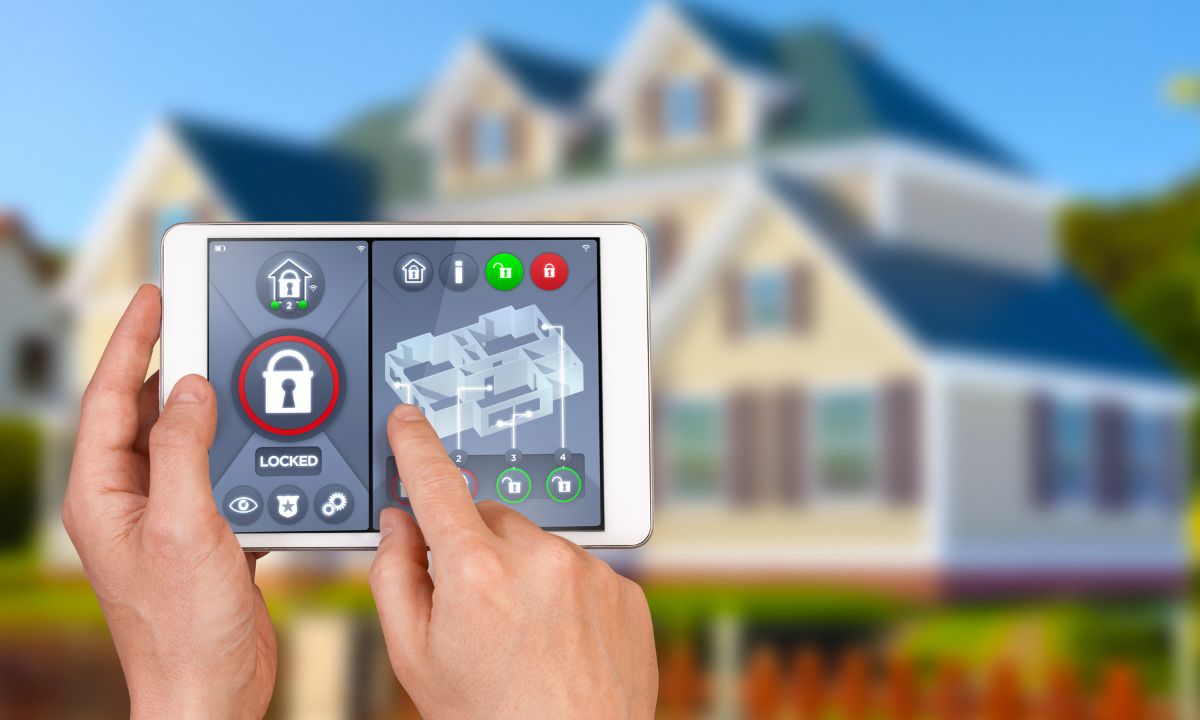 Real estate is not just about bricks and mortar; it’s a reflection of societal trends, economic conditions, and cultural shifts. One significant factor influencing the real estate market is demographics, particularly generational preferences. From baby boomers to millennials and Gen Z, each generation brings unique perspectives, lifestyles, and priorities that shape their housing choices and ultimately impact the real estate landscape.
Real estate is not just about bricks and mortar; it’s a reflection of societal trends, economic conditions, and cultural shifts. One significant factor influencing the real estate market is demographics, particularly generational preferences. From baby boomers to millennials and Gen Z, each generation brings unique perspectives, lifestyles, and priorities that shape their housing choices and ultimately impact the real estate landscape.
Baby Boomers: The Impact of Aging Population
Baby boomers, born between 1946 and 1964, represent a substantial segment of the population whose housing needs are evolving. As they approach retirement or downsize empty nests, many baby boomers seek smaller, more manageable homes with amenities such as accessibility features and proximity to healthcare facilities. This trend has led to a surge in demand for retirement communities, condominiums, and age-restricted housing options.
Moreover, some baby boomers are opting for “aging in place,” renovating their current homes to accommodate their changing needs rather than relocating. This preference has fueled the demand for home remodeling and renovation services catering to aging homeowners.
Generation X: Balancing Family and Career
Generation X, born between 1965 and 1980, is often characterized as the “sandwich generation,” juggling the responsibilities of raising children while supporting aging parents. Consequently, their housing preferences often revolve around factors such as family-friendly neighborhoods, good school districts, and flexible work-life arrangements.
Many Gen Xers prioritize spacious homes with multiple bedrooms, outdoor spaces, and proximity to amenities such as parks and recreational facilities. Additionally, the ability to work remotely has prompted some Gen Xers to seek homes in suburban or rural areas offering a better quality of life and affordability compared to urban centers.
Millennials: Shaping the Future of Real Estate
Millennials, born between 1981 and 1996, represent the largest cohort of homebuyers in the current market. As digital natives, millennials value technology integration, sustainability, and community-centric living experiences. They often prioritize walkable neighborhoods, access to public transportation, and proximity to urban centers and employment hubs.
Furthermore, millennials’ delayed entry into homeownership due to economic factors such as student loan debt and rising housing costs has led to a preference for rental properties, particularly in urban areas. However, as millennials establish families and advance in their careers, many are transitioning from renting to homeownership, driving demand for starter homes, townhouses, and affordable housing options.
Gen Z: Embracing Digitalization and Sustainability
The youngest cohort in the housing market, Gen Z, born after 1996, is characterized by their digital fluency, environmental consciousness, and diverse perspectives. Gen Zers prioritize eco-friendly features, energy-efficient homes, and smart technologies that enhance convenience and sustainability.
Moreover, Gen Z’s preference for urban living, cultural diversity, and social connectivity influences their housing choices, favoring mixed-use developments, co-living spaces, and communities that foster collaboration and inclusivity.
Demographics play a pivotal role in shaping the real estate market, driving demand for diverse housing options tailored to each generation’s lifestyle, values, and preferences. As demographic shifts continue to unfold, real estate developers, investors, and policymakers must adapt to meet evolving consumer needs and create sustainable, inclusive communities for future generations.
Understanding the influence of demographics on real estate is essential for navigating the dynamic and multifaceted nature of the housing market and unlocking opportunities for growth, innovation, and social impact. By embracing diversity, embracing technology, and fostering collaboration across generations, the real estate industry can pave the way for a more vibrant, resilient, and equitable built environment.
 Smart homes are rapidly reshaping the real estate landscape, promising unparalleled convenience, security, and sustainability. With automation and connectivity at their core, these homes represent the forefront of technological innovation, offering homeowners unprecedented control over their living environments.
Smart homes are rapidly reshaping the real estate landscape, promising unparalleled convenience, security, and sustainability. With automation and connectivity at their core, these homes represent the forefront of technological innovation, offering homeowners unprecedented control over their living environments. Those who are involved in the real estate industry likely know that mortgage rates are at an all-time low. At the same time, nobody wants to pay more for a house than they have to. Some of the most important factors that dictate how much someone is going to pay for a house include points and interest rates.
Those who are involved in the real estate industry likely know that mortgage rates are at an all-time low. At the same time, nobody wants to pay more for a house than they have to. Some of the most important factors that dictate how much someone is going to pay for a house include points and interest rates. The contemporary trend towards expansive dimensions is palpable in various aspects of modern life. Oversized soft drinks, large fast-food meals, and expansive smartphones have become ubiquitous. However, one unlikely sector experiencing a similar trend is the realm of mortgages.
The contemporary trend towards expansive dimensions is palpable in various aspects of modern life. Oversized soft drinks, large fast-food meals, and expansive smartphones have become ubiquitous. However, one unlikely sector experiencing a similar trend is the realm of mortgages. In recent years, solar panels have emerged as a sustainable and environmentally friendly solution to power generation. As the world continues to grapple with the effects of climate change, the adoption of solar energy has gained momentum. Beyond its positive impact on the environment, many individuals and businesses are also drawn to the potential savings associated with solar panel installations. However, amidst the growing popularity of solar energy, several myths and misconceptions persist.
In recent years, solar panels have emerged as a sustainable and environmentally friendly solution to power generation. As the world continues to grapple with the effects of climate change, the adoption of solar energy has gained momentum. Beyond its positive impact on the environment, many individuals and businesses are also drawn to the potential savings associated with solar panel installations. However, amidst the growing popularity of solar energy, several myths and misconceptions persist. Rate locks play a crucial role in the mortgage application process, helping borrowers secure a favorable interest rate for their home loans. Here’s an explanation of the importance of rate locks and when and how to secure the best rate:
Rate locks play a crucial role in the mortgage application process, helping borrowers secure a favorable interest rate for their home loans. Here’s an explanation of the importance of rate locks and when and how to secure the best rate: